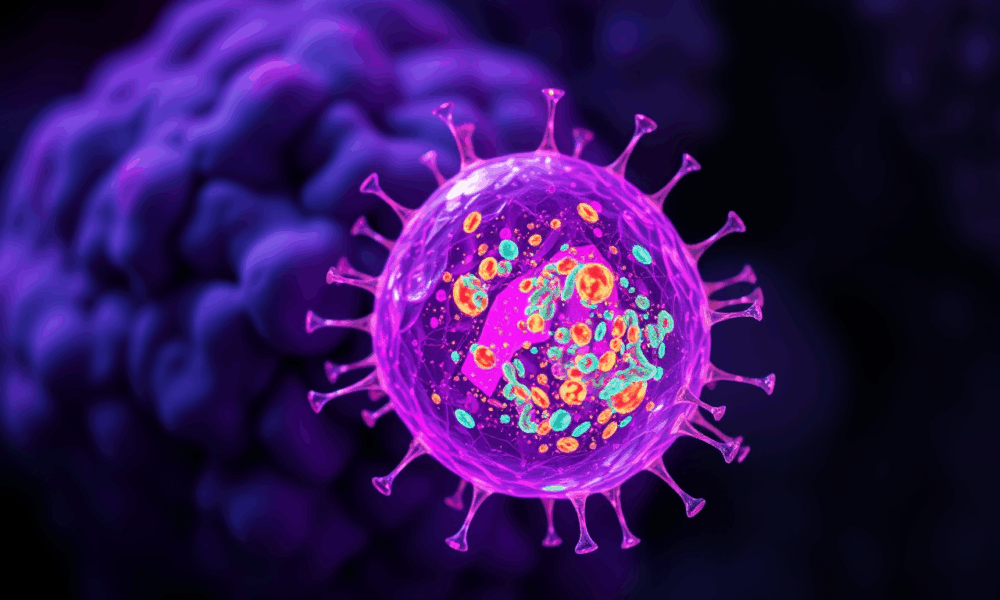
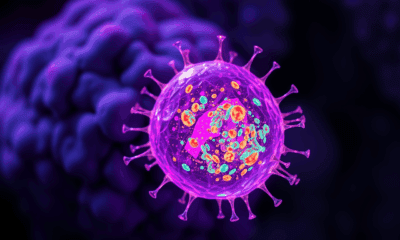

Cancer cells respond to stress with greater diversity. Drugs that affect DNA replication, or radiation that causes direct DNA damage, lead to increasingly diverse offspring over...
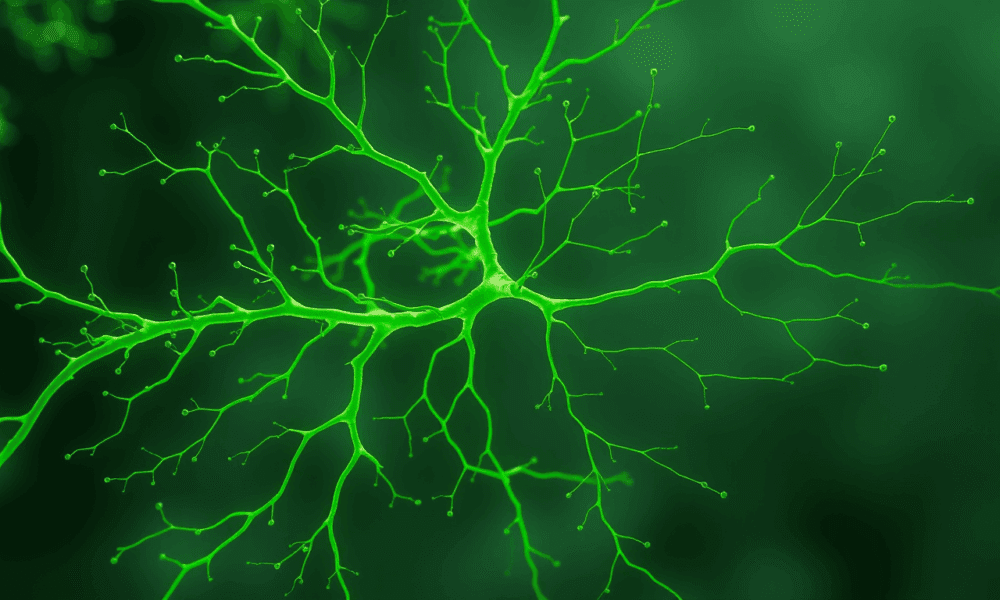


New research has shed light on how plants precisely control their growth and development, revealing that seemingly similar molecular components fulfill surprisingly different jobs.
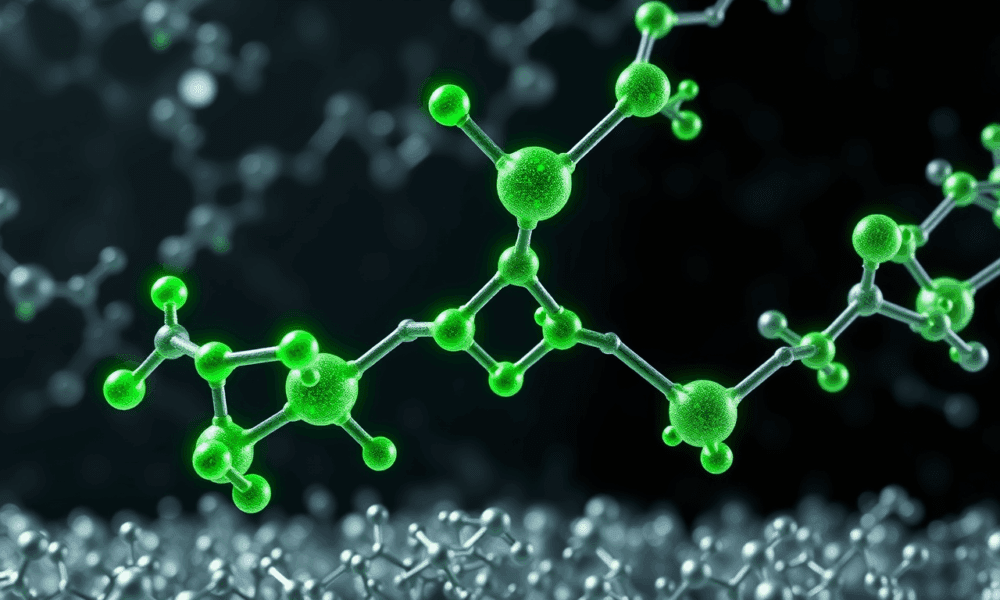
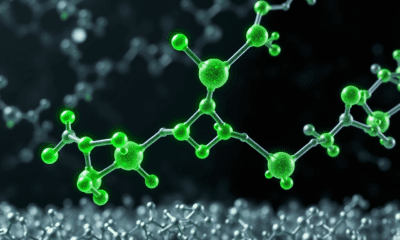

Proteins are among the most studied molecules in biology, yet new research shows they can still hold surprising secrets. Researchers have discovered previously undetected chemical bonds...
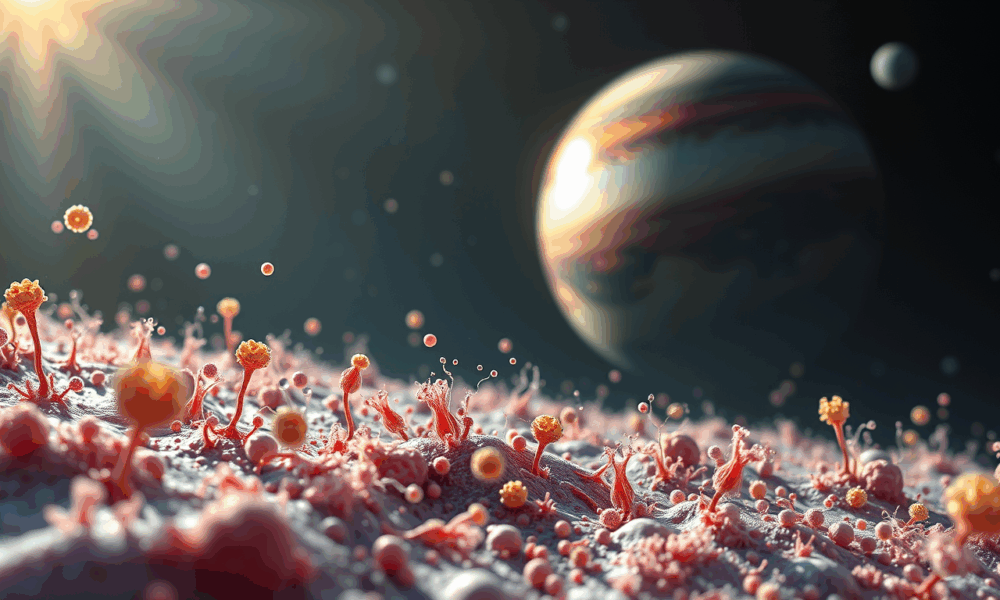
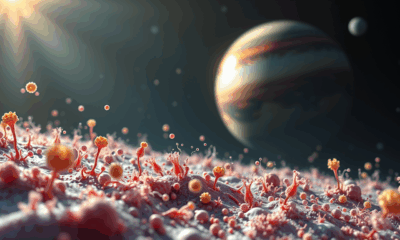

To better understand the circadian clock in modern-day cyanobacteria, a research team has studied ancient timekeeping systems. They examined the oscillation of the clock proteins KaiA,...



Plants that reproduce exclusively by self-pollination arise from populations with extremely low diversity to begin with. The research not only adds a facet to possible evolutionary...



By studying Chikungunya virus, scientists shed light on how immune responses to viral infections may lead to persistent symptoms of autoimmune disease.



Imagine drawing on something as delicate as a living cell -- without damaging it. Researchers have made this groundbreaking discovery using an unexpected combination of tools:...
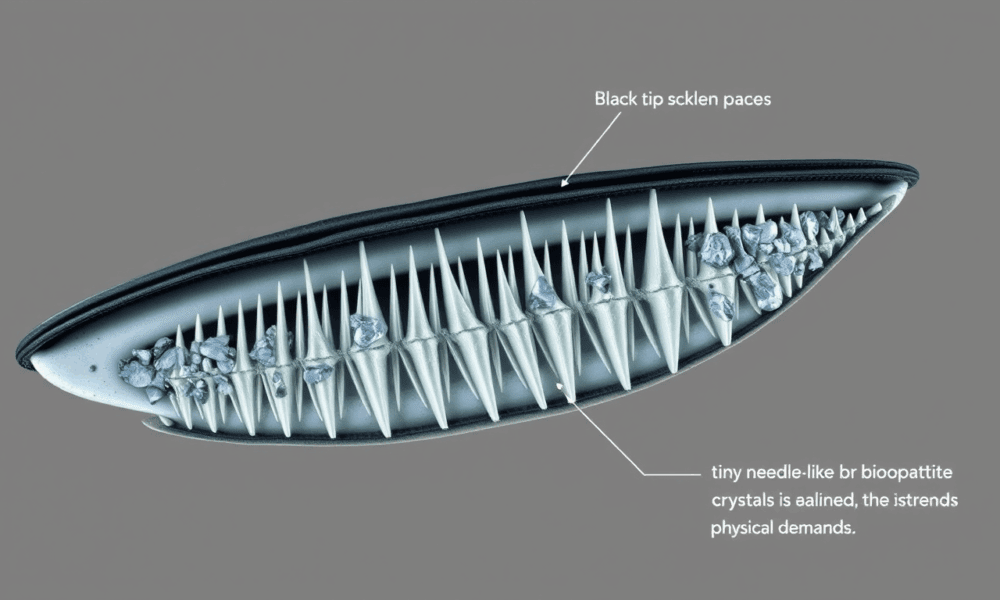
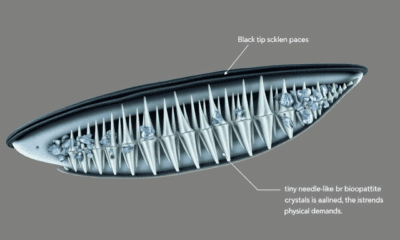

Using synchrotron X-ray nanotomography with detailed 3D imaging and in-situ mechanical testing, researchers are peering inside shark skeletons at the nanoscale, revealing a microscopic 'sharkitecture' that...
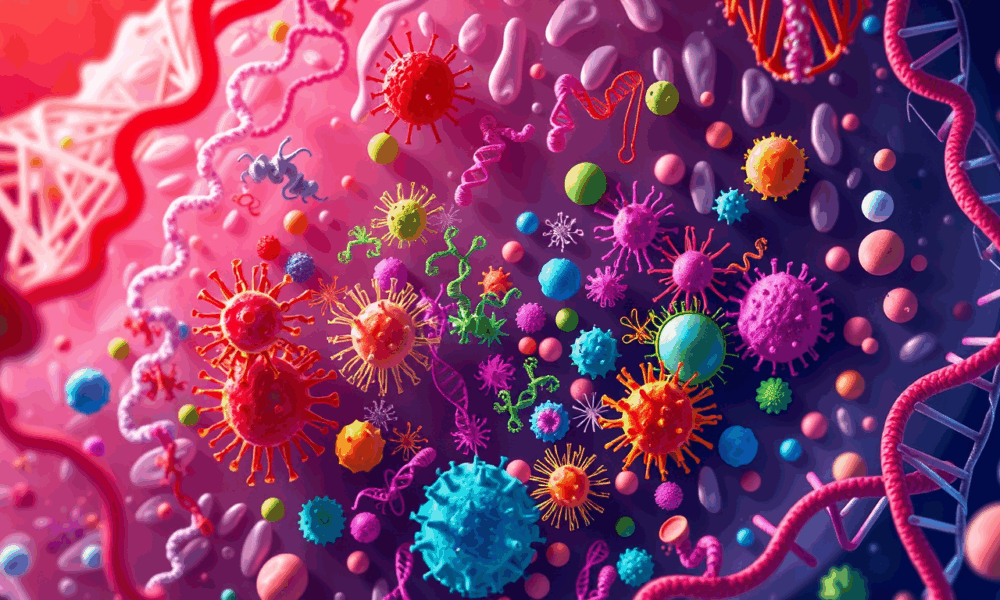
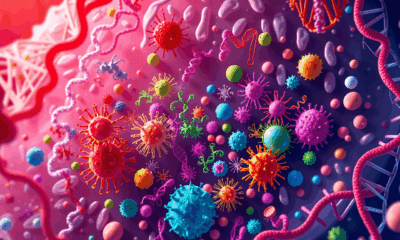

A study has used advanced genetic and genomic techniques to offer a major step forward in understanding and diagnosing infectious intestinal diseases. The large-scale study analyzed...
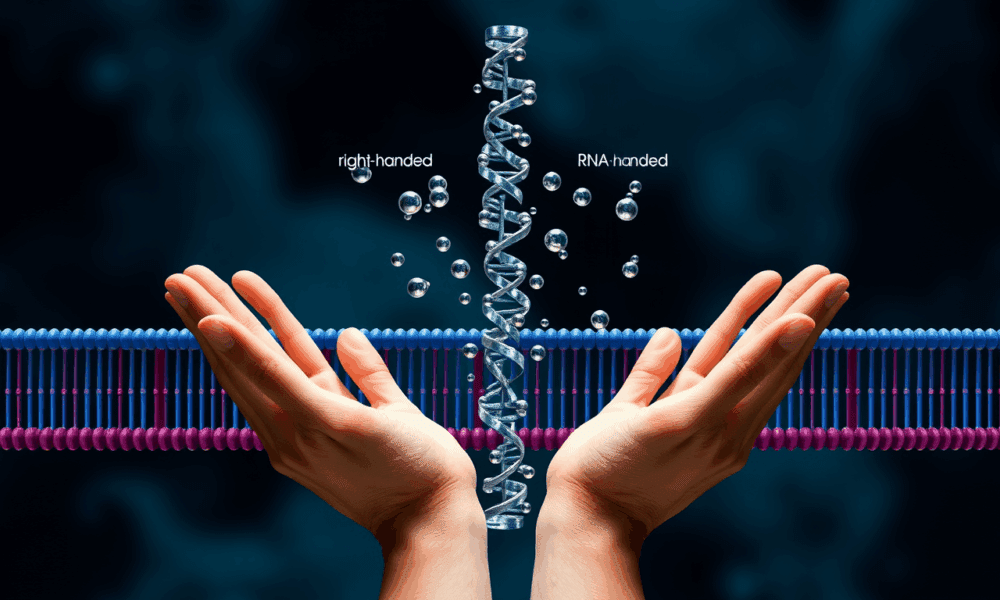
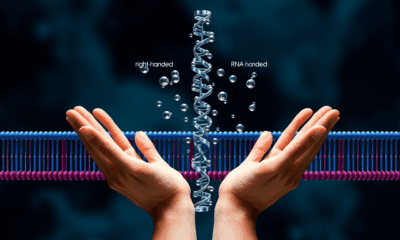

A team of researchers studied the properties of membranes to understand how these cellular structures influenced the chemistry of life on Earth as it began.